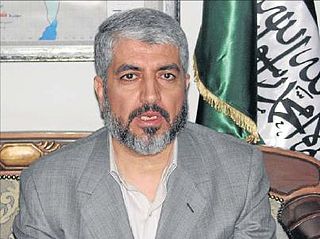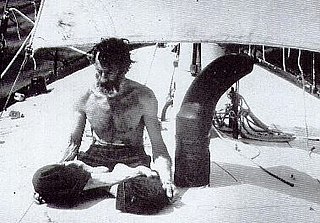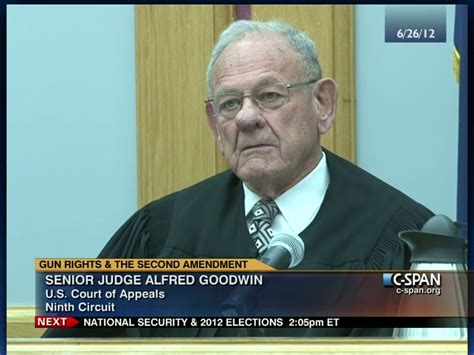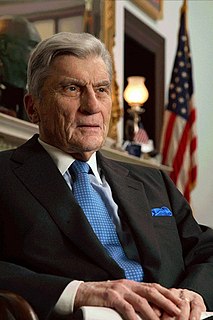A Quote by Aleksandr Solzhenitsyn
Woe to that nation whose literature is disturbed by the intervention of power. Because that is not just a violation against "freedom of print," it is the closing down of the heart of the nation, a slashing to pieces of its memory.
Related Quotes
Woe to that nation whose literature is disturbed by the intervention of power. Because that is not just a violation against "freedom of print," it is the closing down of the heart of the nation, a slashing to pieces of its memory. The nation ceases to be mindful of itself, it is deprived of its spiritual unity, and despite a supposedly common language, compatriots suddenly cease to understand one another.
Pity the nation whose statesman is a fox, whose philosopher is a juggler, and whose art is the art of patching and mimicking. Pity the nation that welcomes its new ruler with trumpetings, and farewells him with hootings, only to welcome another ruler with trumpetings again. Pity the nation whose sages are dumb with years and whose strong men are yet in the cradle. Pity the nation divided into fragments, each fragment deeming itself a nation.
I am a citizen of the most beautiful nation on earth, a nation whose laws are harsh yet simple, a nation that never cheats, which is immense and without borders, where life is lived in the present. In this limitless nation, this nation of wind, light, and peace, there is no other ruler besides the sea.
Because of my life experience and because of my public life experience, I have the ability to lead this nation and to bring all people together and to lift up the cause of this nation so that we once again become a nation that comes from the heart and reconnect with our optimism to really create a nation that we can all be proud of.
As a form of moral insurance, at least, literature is much more dependable than a system of beliefs or a philosophical doctrine. Since there are no laws that can protect us from ourselves, no criminal code is capable of preventing a true crime against literature; though we can condemn the material suppression of literature - the persecution of writers, acts of censorship, the burning of books - we are powerless when it comes to its worst violation: that of not reading the books. For that crime, a person pays with his whole life; if the offender is a nation, it pays with its history.
All third world literature is about nation, that identity is the fundamental literary problem in the third world. The writer's identity is insecure because the nation's identity is not secure. The nation doesn't provide the third world writer with a secure identity, because the nation is colonized, it's oppressed, it's part of somebody else's empire.



































